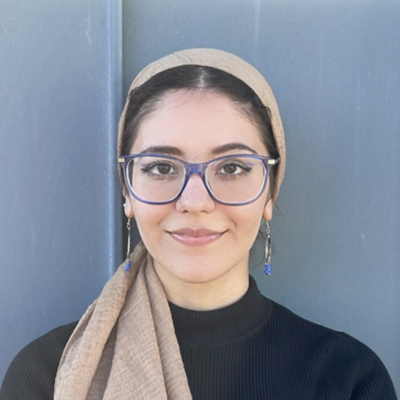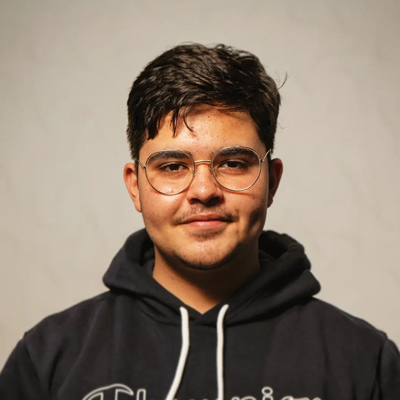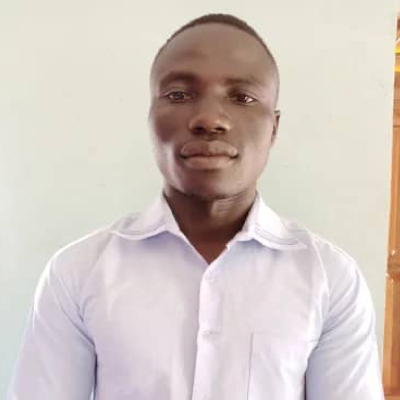
Heela Yoon, United Kingdom
Founder of Afghan Youth Ambassadors for Peace, Heela has worked with Global Network of Women Peacebuilders as a Cora Weiss peacebuilding fellow. She is also a member of the United Network of Young Peacebuilders (UNOY) and the Network for Religious and Traditional Peacemakers.

Omar Alkadamani, Germany
Active in his city's Youth Parliament, Omar serves as a Youth Advisor for the German Federal Ministry of Economic Cooperation and Development (BMZ). He also volunteers with YoupaN, a network for development in education, and other political and cultural programs.

Seme Luate Cons Lomoro, South Sudan
Based in Uganda Bidibidi Refugee, Seme works with I CAN South Sudan, a youth- and refugee-led organization. He led a project called "Disability is not a Burden," which aims to enroll refugee children with disabilities in school, and provide them assistive learning devices.
